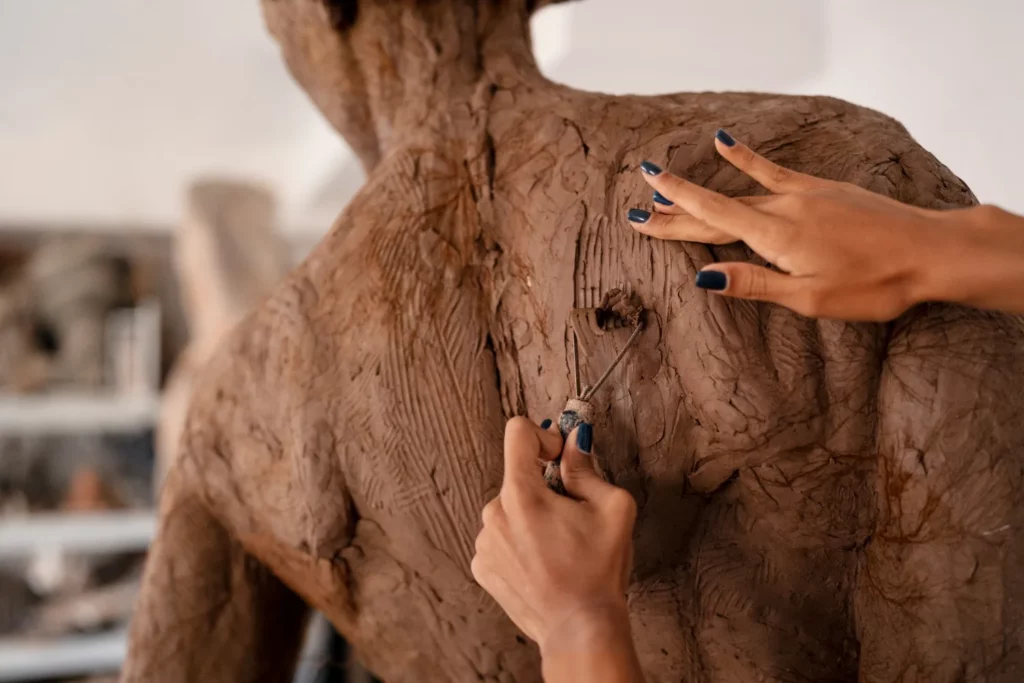The Angel in the Stone: Breaking Denial and Rediscovering Your True Self

Part of the Faith, Spirituality and Recovery Series from Sunday Kapesi.
In the book Journey to Freedom, the author Scott Real tells a powerful story:
When Pope Julius II found Michelangelo hammering away at a slab of marble, he asked, “Why are you working so hard?”
Michelangelo replied, “Can’t you see? There’s an angel imprisoned in this stone — and I’m setting him free.”
For me, that story captures the heart of addiction recovery and mental health transformation — not just from addiction, but from denial, pride, shame or burnout. Inside each of us lies an angel — our truest, most God-given self — often trapped beneath habits, expectations, and fear.
I know this firsthand. Before my addiction recovery journey began, I was a lawyer, a business owner, a father. Outwardly, I was performing. But inwardly, I was crumbling — numbing anxiety, depression, and exhaustion with alcohol, food, drugs and work. Like many professionals, I wore success as armor. Vulnerability felt like weakness.
It took a family and friends interventions — love and tough truth — to push me toward help. Rehab became my first real chisel. There, I realized that transformation isn’t a single moment of revelation; it’s a lifelong process of chipping away. Therapy. Faith. Routine. Honesty. Service.
Scott Real outlines three early stages of change:
1️⃣ Finding the right program or philosophy — a system that challenges your denial.
2️⃣ Recognizing your need for help — giving others the benefit of doubt even before you believe it yourself.
3️⃣ Making the process of change concrete — structure, consistency, and accountability.
Four years later post rehab, I still live by these principles. I volunteer in six rehabs weekly, study addiction counseling by night, and practice spiritual recovery daily. These are my chisels. Each action chips away at the old stone — fear, ego, self-doubt — revealing a truer, freer version of me. Whenever I struggle, I ask God for help. I receive help from others and I carry forward that very help I receive to others in need of help.
Statistics show that one person’s addiction affects at least seven people around them — family, colleagues, friends. Mental health is no different. The silent suffering of one professional can ripple through entire teams and households.
But here’s the good news: you don’t have to carry the pain of addiction, recovery and mental ill-health alone.
Counseling, peer support, and faith-based recovery aren’t signs of weakness — they’re tools for freedom.
“He who began a good work in you will carry it on to completion.”
Philippians 1:6
So today, if you’re reading this — whether you’re a recovering addict, a high performer, or a caregiver — remember: inside you, too, is an angel waiting to be set free.
The work may be quiet, painful, even lonely — but it’s holy work.
Keep chipping. Keep believing. Because recovery, like faith, is not about perfection — it’s about progress.









